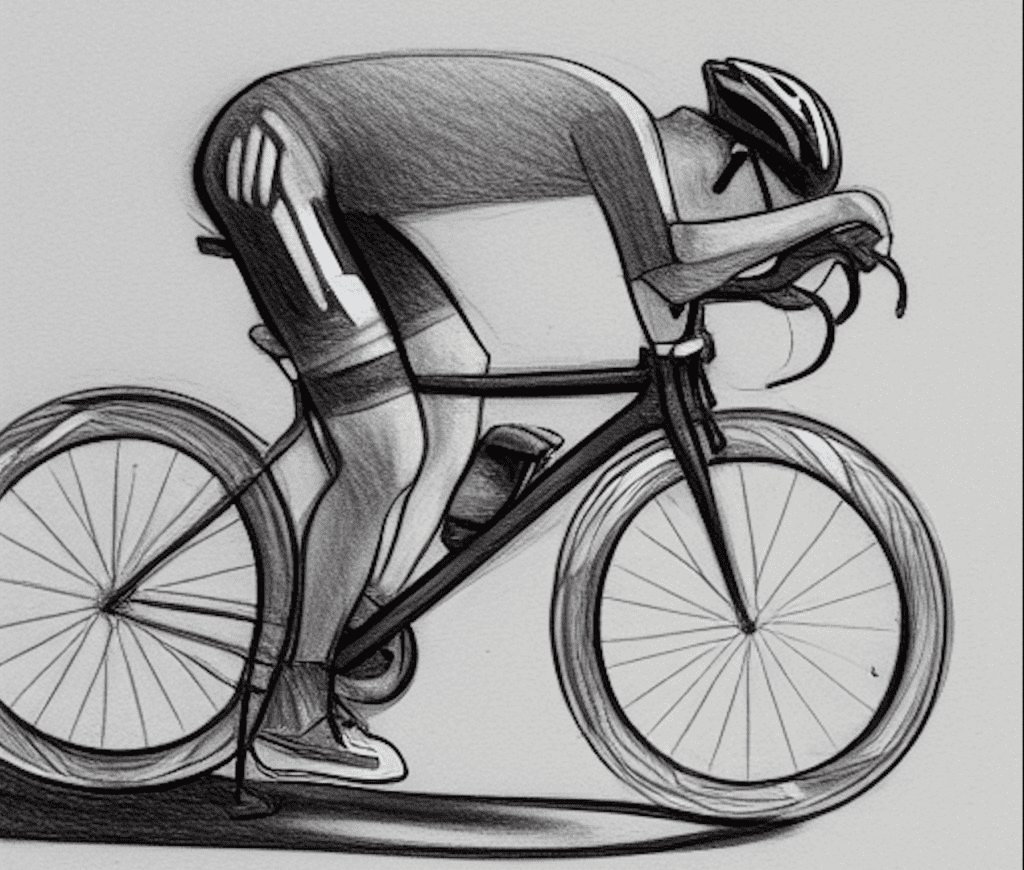As a road cyclist, getting enough rest is crucial to your performance. But did you know that the quality of your sleep is just as important as the quantity?
If you’re not getting enough high-quality sleep, you’ll likely feel fatigued during rides and struggle to perform at your best. Fortunately, there are a few things you can do to improve the quality of your sleep.
1. Establish a regular sleep schedule.
One of the best ways to improve your sleep quality is to go to bed and wake up simultaneously each day, even on weekends. This may not be easy at first, but it will eventually become second nature and help to regulate your body’s natural sleep rhythm. Your body will thank you for being consistent. This means going to bed and waking up at the same time each day, even on weekends. This will help to regulate your body’s natural sleep rhythm and make it easier for you to fall asleep and stay asleep. Consistency is key. Going to bed and waking up at the same time each day helps regulate your body’s internal clock, making it easier to fall asleep and wake up naturally.
2. Create a pre-sleep routine.
Just like establishing a regular sleep schedule, creating a pre-sleep routine can help to improve your sleep quality. For example, this routine might include 30 minutes before bed with light reading or stretching.
The important thing is to do something calming that will help prepare your body and mind for sleep. If you do hard training sessions at night, it can be more difficult falling asleep. So instead, try to plan your workouts for the afternoon if possible.
On hot days, it can help to take a 5-minute ice-cold shower. This will accelerate the time before you fall asleep.
Establishing a calming routine before bed can signal to your body that it’s time to wind down and prepare for sleep. This could include activities like reading, taking a warm bath or shower, or practicing meditation or deep breathing exercises.
If you’re a cyclist and want to ensure quality rest throughout the night, there are a few things to consider regarding your intake during the day. Caffeine and alcohol can both impair natural sleep cycles or cause frequent awakenings throughout the night so it’s best to limit their consumption. Try to avoid drinking coffee after noon and keep your alcohol consumption at a minimum or eliminate it altogether if possible. But if you need caffeine during the day, try having it in moderation early on so that it doesn’t affect your sleep later on.
3. Keep electronics out of the bedroom.
The blue light emitted by electronic screens can suppress melatonin production and make it difficult to fall asleep. For this reason, it’s important to keep electronics out of the bedroom and avoid using them in the hours leading up to bedtime.
If you must use an electronic device before bed, consider wearing blue-light-blocking glasses or downloading a blue-light filter app for your phone or tablet (on newer smartphones and computers, you can turn blue light off at night).
Creating a relaxed, comfortable environment in your bedroom is also essential. This means keeping the temperature constant and ensuring minimal noise and light exposure in the room. In addition, creating an ideal sleeping environment will help you to fall asleep more quickly and stay asleep throughout the night.
4. Get some sunlight during the day.
Your body’s circadian rhythm is an internal biological clock regulating when you feel awake and sleepy. Exposure to natural sunlight during the day can help to maintain this rhythm and make it easier to fall asleep at night. Aim to get at least 30-60 minutes of sunlight each day to ensure that your body’s cycle remains healthy. This can be done by going for a walk or bike ride outside or spending some time in a sunlit room within your home. Daylight exposure is the simplest and most efficient way to keep your body’s natural rhythms in check.
5. Practice some relaxation techniques.
If you’re struggling to fall asleep or stay asleep for the night, some relaxation techniques may help you drift off more easily. Deep breathing exercises and progressive muscle relaxation are two types of techniques that can be used to improve sleep quality. Find the one that works best for you and give it a try. To ensure a good night’s sleep, ensure your bedroom is a peaceful, distraction-free environment with comfortable bedding and pillows that provide proper spinal alignment.
By following these tips, you can help improve your sleep quality and feel better rested on and off the bike. Remember that consistency is vital — don’t give up if you don’t see results immediately. With time and patience, you’ll be getting high-quality sleep in no time.

